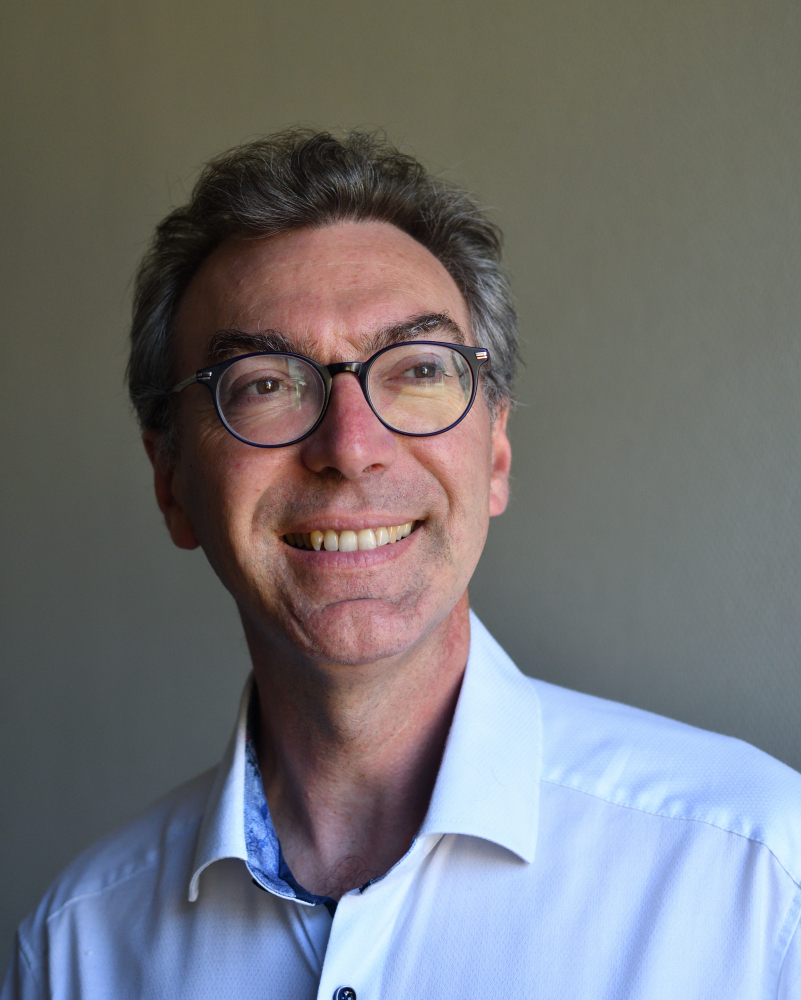David Guéry-Odelin
Quantum Chaos and Control in the Time-Modulated Pendulum


Date & heure
11/12/2024 – 11 am
Lieu
4 place Jussieu 75005
Amphi Charpak
Accueil
A coffee will be offered starting at 10:45 am, the seminar will start at 11am
In classical mechanics, a pendulum with time-modulated parameters serves as a standard example for introducing classical chaos, with the emergence of mixed or fully chaotic stroboscopic phase spaces. In quantum physics, although the Schrödinger equation remains fully linear, the same Hamiltonian enables the study of chaos-assisted tunneling [1] and different regimes of matter wave localization. Experiments in this area require precise control over the initial wave function, and we will first explain how quantum control techniques [2,3] can address this challenge. We will then present our recent results on quantum chaos, with a focus on multiple matter-wave interference effects related to strong (Anderson) localization. Beyond single-particle physics, we will also discuss the emergence of long-range order resulting from the engineering of Bogolubov instabilities.
1] Chaos-assisted tunneling resonances in a synthetic Floquet superlattice
M. Arnal, G. Chatelain, M. Martinez, N. Dupont, O. Giraud, D. Ullmo, B. Georgeot, G. Lemarié, J. Billy and D. Guéry-Odelin,
Science Advances 6, eabc4886 (2020).
[2] Quantum state control of a Bose-Einstein condensate in an optical lattice
N. Dupont, G. Chatelain, L. Gabardos, M. Arnal, J. Billy, B. Peaudecerf, D. Sugny, D. Guéry-Odelin
PRX Quantum 2, 040303 (2021).
[3] A regular Hamiltonian halting ratchet for matter wave transport
N. Dupont, L. Gabardos, F. Arrouas, N. Ombredane, J. Billy, B. Peaudecerf, D. Guéry-Odelin
Phys. Rev. Lett. 131, 133401 (2023).
[4] Emergence of a tunable crystalline order in a Floquet-Bloch system from a parametric instability
N. Dupont, L. Gabardos, F. Arrouas, G. Chatelain, M. Arnal, J. Billy, P. Schlagheck, B. Peaudecerf and D. Guéry-Odelin, Proc. Natl. Acad. Sci. (USA) 120, no. 32, e2300980120 (2023).
